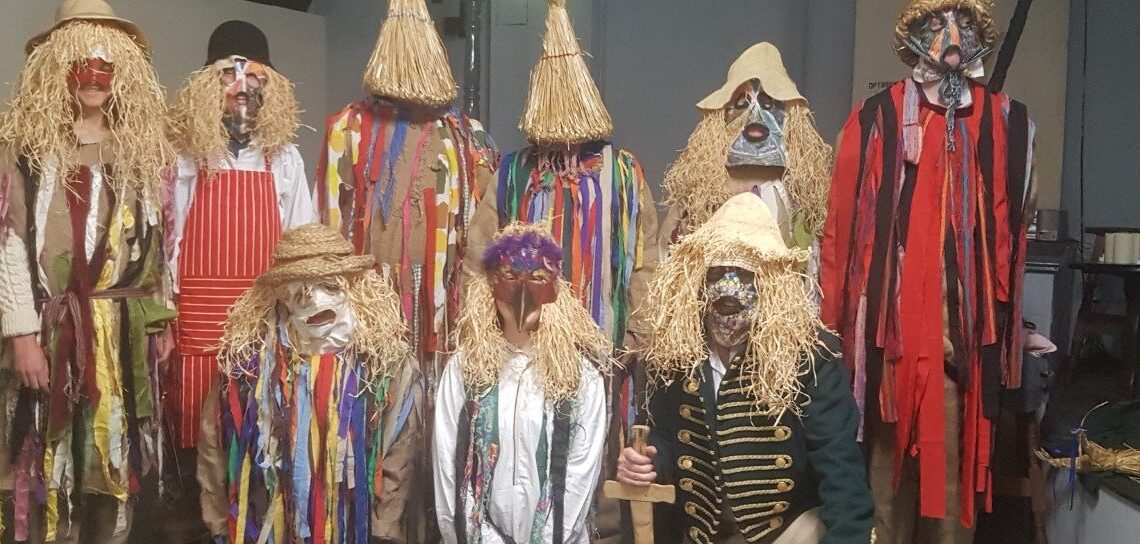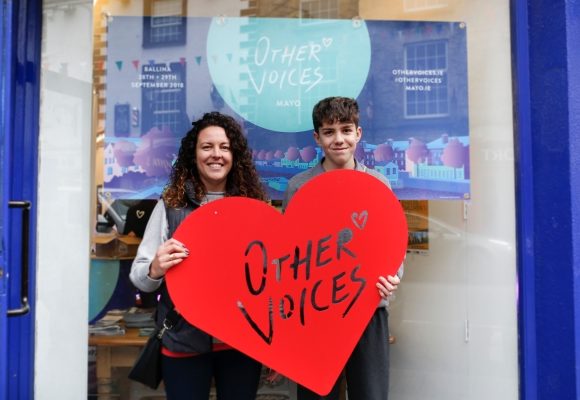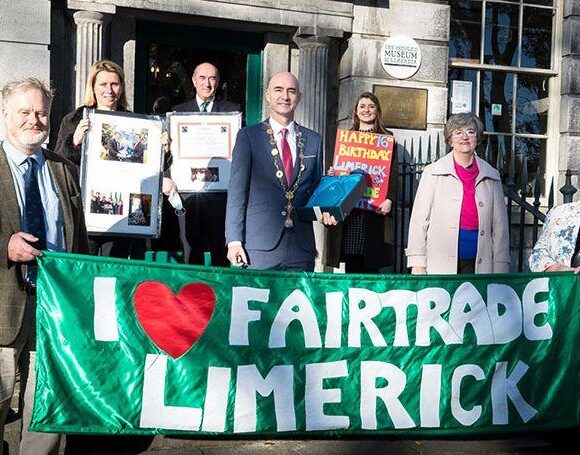Minister for Tourism, Culture, Arts, Gaeltacht, Sport and Media, Catherine Martin TD, has extended the National Inventory of Intangible Cultural Heritage to give State recognition to a further 8 key practices of Ireland’s Living Cultural Heritage.
The practices now being recognised are Beekeeping, Clones Crochet Lace Making, Headford Lace Making, Irish Traditional Travelling Circus and Funfair, Lá an Dreoilín/Wren’s Day, Native Irish Cattle Breeding, The Tradition of Spancilhill International Horse Fair, Traditional Seine Boat Building, Fishing and Racing.
Minister Martin said, “these eight living cultural heritage practices require knowledge and skill, and foster our sense of community and place. These practices thrive through the dedicated communities who sustain and pass on their skills and way of life to succeeding generations ensuring the continuance of these important traditions. Official State recognition and inscription onto the National Inventory of Intangible Cultural will raise awareness of these practices and traditions.”
Michael Duggan, speaking on behalf of the Spancilhill Fair Association, commented, “I am delighted that the Tradition of the Spancilhill International Horse Fair will be included as part of the National Inventory of Intangible Cultural Heritage. I want to thank the Minister that she saw fit to include this tradition that is over 400 years old as part of the recognised cultural heritage of Ireland. We are very proud of the fair, it brings people from all over Ireland and from other countries.”
Ella Hassett of Headford Lace Project added, “we are incredibly proud that Headford Lace has been accepted to the National Inventory of Intangible Cultural Heritage. It means the world to us that this beautiful craft tradition has been recognised for its intrinsic value and that it will be safeguarded alongside the other Irish Laces and celebrated for generations to come.”
The development and extension of Ireland’s National Inventory of Intangible Cultural Heritage is an integral part of the work of the Department under the UNESCO 2003 Convention for the Safeguarding of the Intangible Cultural Heritage which requires States to recognise, protect and promote the living cultural heritage of their countries. There is now a total of 38 practices on Ireland’s National Inventory of Intangible Cultural Heritage, all of which were included following rigorous assessment by an expert advisory committee.
[sibwp_form id=2]













